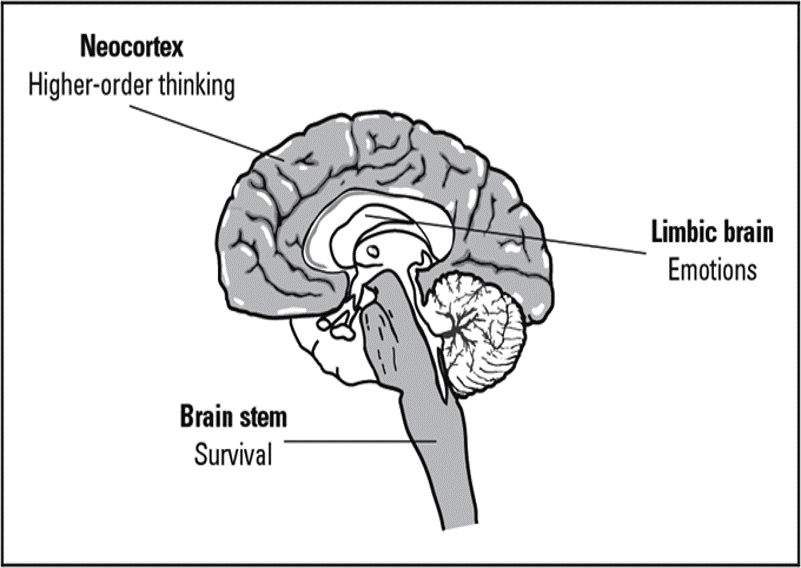Should You Care About Your Past?
/Step 4: Do Your Past And Present Circumstances Matter?
How much weight should you place on the things that have happened to you in your past? How should you pay attention to your physical body and your particular vulnerabilities? What does your brain have to do with change?
Consider the following people:
Tom was born with a photographic memory but struggles in social settings. He tends to miss social cues and can say things that seem awkward.
Susan grew up in a very volatile home, never feeling safe. She was also in an abusive relationship while in college. She struggles to feel safe around other people and is on edge when she is in a large crowd or strangers.
Mike was the youngest of 5 siblings and has never experienced a day where he felt unsafe. He has always succeeded in whatever he does. Some say that he can be insensitive to others who are struggling.
Johann was raised in a very strict, legalistic, religious home. Whenever he would fail to live up to certain standards, he experienced guilt and shame. Whenever he crosses paths with a religious person, he becomes very angry and agitated.
These are just a few examples of past circumstances that have shaped these individuals. One of the most critical things in the change process is knowing your story and being aware of the good and difficult things that have happened to you. In chapter 4 of my book, Unstuck: A Nine-Step Journey to Change That Lasts, I provide some basic but essential categories for understanding your own story as well as the story of those you are called to care for. Here they are:
You
You
This category includes your physical body, your brain and your gender. Every person is utterly unique. We all have strengths and weaknesses and we all experience life through our own perceptions.
Your Baggage
Your Baggage
This captures all the things that have happened to you throughout your life—both blessing and suffering. Every person has their own story to tell. We all have unique events in our lives as well as relationships with other people that have been good and bad. Where did you grow up? How often did you move? What political/cultural/socio-economic context shaped you? What kind of exposure to religion was present in your life? How has your ethnicity impacted you for good or ill? It is important to consider these things as you seek to grow and change.
The Terrain
The Terrain
The terrain are the things that are currently happening in your life—your present big-picture situation. This can include things like your age and stage of life. As you age, loss becomes a greater reality. Loss of loved ones. Loss of a career. Loss of health. It also includes your work and family life. What unique larger blessings and sufferings are currently at play in your life at the present moment?
The Weather
The Weather
These are the small micro-moments of daily life, which change throughout any given day and affect your mood. These little moments are often called “triggers.” They trigger us to respond in the present but often with a past history that is connected to the experience. If I grew up in a very critical home, I may be more sensitive and react disproportionately when I perceive that someone has been critical of me.
So What Do You Do With all of This Information?
There are two wrong ways to handle this information: 1. Ignore it completely as if it doesn’t matter. 2. Consider them as the determining cause of your responses to life and conclude that you can never change.
The wise, compassionate and helpful way to handle this information is to acknowledge the things that have happened to you and realize that you have been shaped by many good and difficult things in your life. While these things matter, they are not your identity. This view opens the door to experience the compassion of Jesus in your sufferings and have hope that he can and will help you to grow in grace. If you listen to someone else’s story and look for these details, it will make you more compassionate as you seek to support and encourage them.
You can read a more thorough explanation of these in Chapter 4 of Unstuck: A Nine Step Journey to Change That Lasts.










